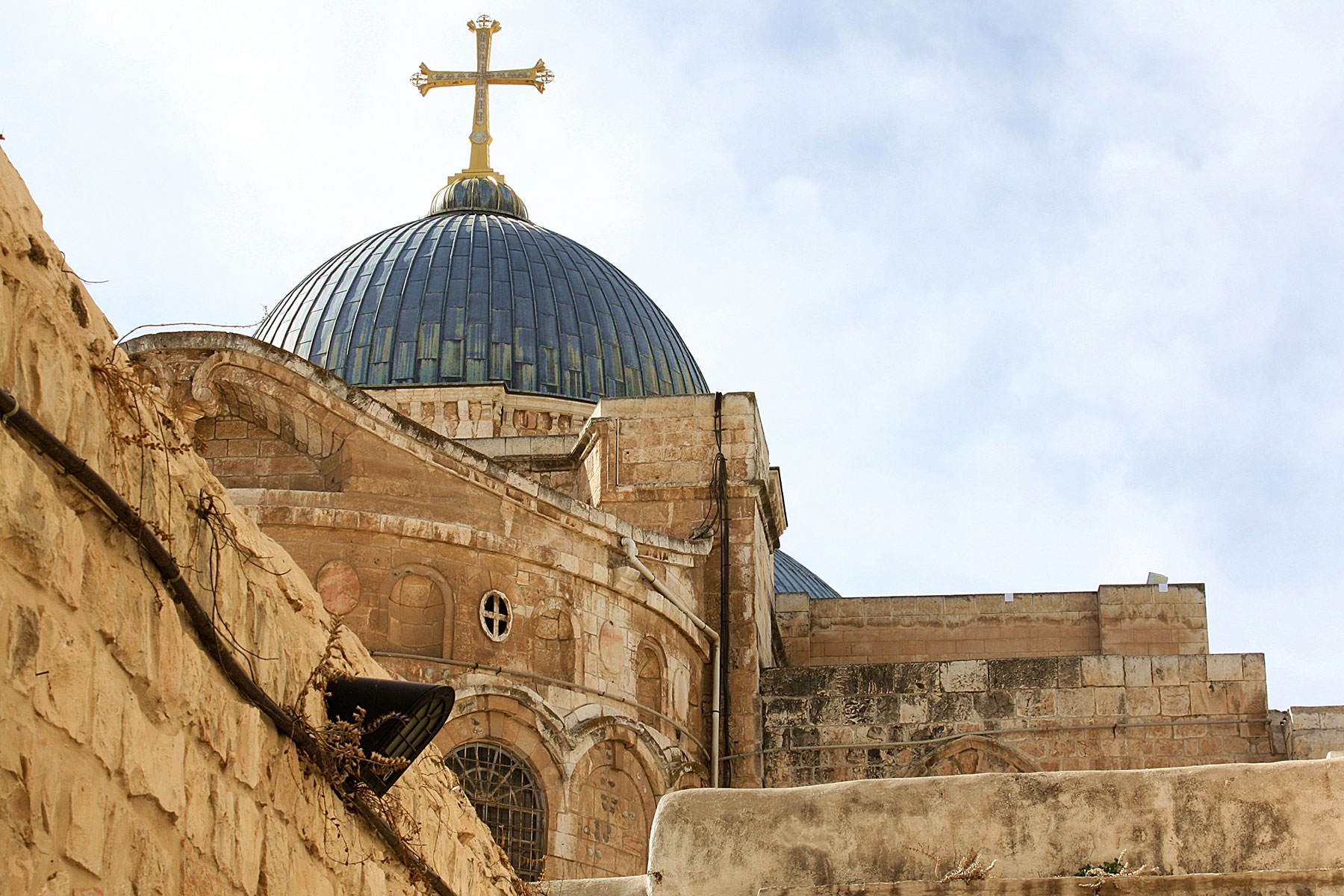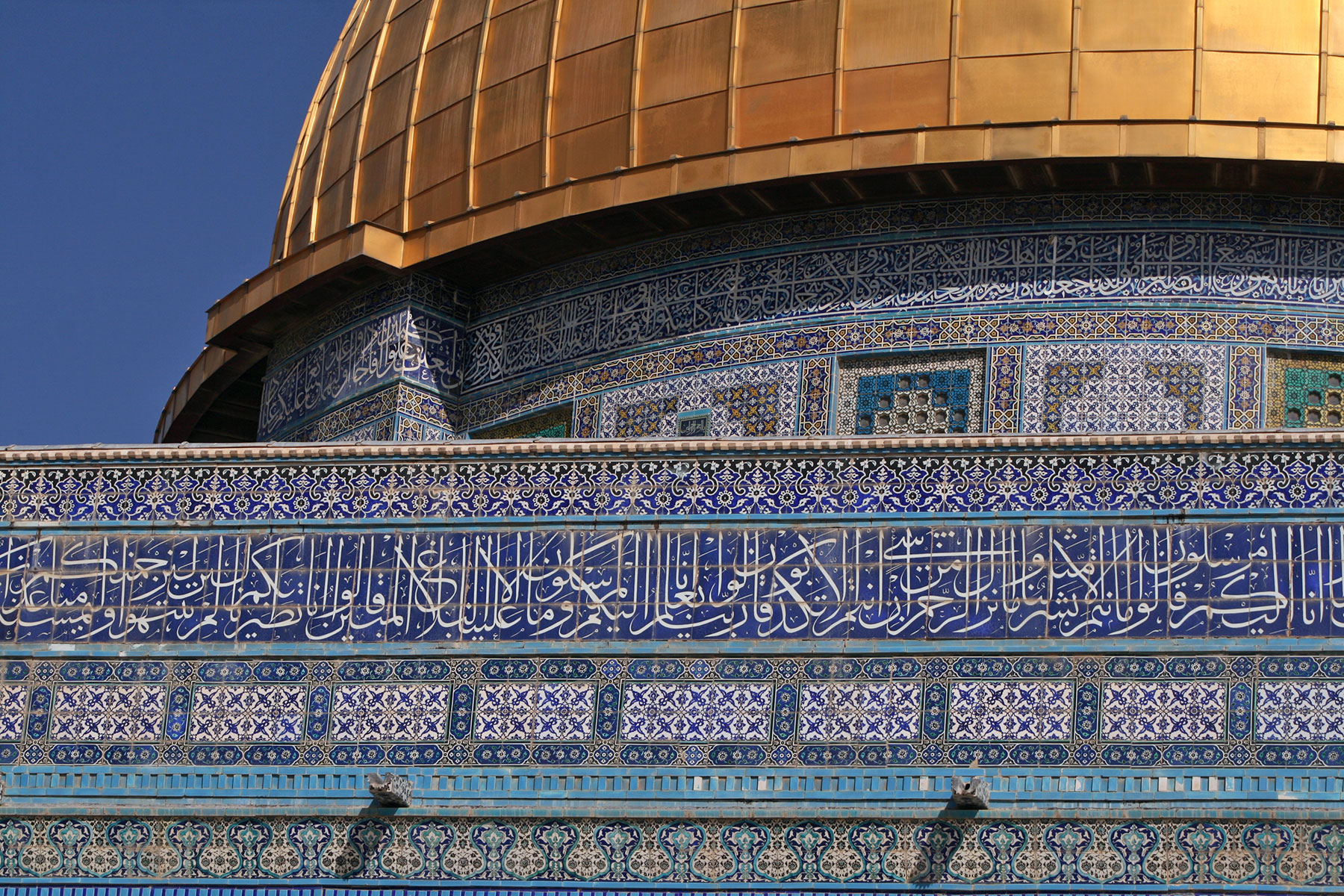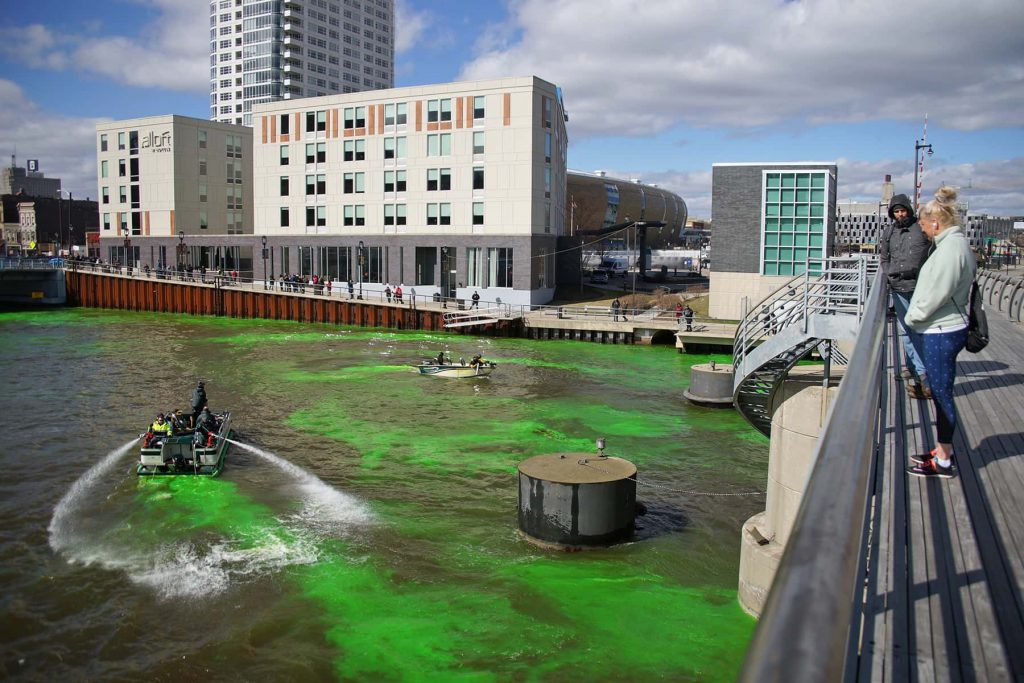
American Evangelicals do not represent Christianity in America. Much less do they represent Christianity in Israel.
For 2,000 years, Christianity has had an uninterrupted presence in what is now Israel. The Orthodox Patriarchate of Jerusalem traces its roots to the New Testament book of Acts. It has functioned as a patriarchate in fact from the 5th century, and in name from the 6th century until the present. Theophilus III serves as the current Patriarch of Jerusalem, and his Christian flock consists mainly of Palestinian Arabs.
Several decades before the birth of Christ, the Jews lost control of what we now call the Holy Land to the Romans. From the time that the Roman Empire officially adopted Christianity as the state religion in the 4th century, the region remained under Christian control until the Islamic conquest of the 7th century. Beginning in the 11th century, the Roman Catholic West launched a series of Crusades in a protracted attempt not only to wrest control of the Holy Land from Muslim hands, but even Constantinople from Orthodox Christian hands.
Muslim control of the Holy Land ended definitively with the defeat of the Ottoman Empire in World War I and the establishment of the British Mandate. Yet the Orthodox Church, and later other Christian Churches, had a continuous if uneasy existence in the Holy Land through 1,300 years of Islam. Only in 1948, a full 2,000 years after the Roman conquest, did Jews regain control of the Holy Land and name it the State of Israel.
Setting aside their respective value judgments of the events along this timeline, Jews, Christians, and Muslims agree on these basic historical facts. It is also agreed that competing claims to the region, past and present, are based on complex religious and geopolitical motives that are nearly impossible to separate from each other.
There is one more fact on which all Christian leaders in Israel agree with the entire Muslim world and with the Palestinians in particular: their unhappiness with the stunning disregard of the current White House for these complexities.
President Trump has capitulated, for no other apparent reason than cynical political gain, to the wishes of American Evangelicals who have no stake in and no experience of everyday life on the ground in Jerusalem.
On December 6, the Patriarchs and Heads of Local Churches in Jerusalem issued a joint appeal to President Trump to retract his unilateral declaration of Jerusalem as the capital of Israel.
Patriarch Theophilus was joined by the local authorities of the Armenian Apostolic Orthodox, Roman Catholic, Coptic Orthodox, Syrian Orthodox, Ethiopian Orthodox, Greek-Melkite-Catholic, Maronite, Episcopal, Evangelical Lutheran, Syrian Catholic, and Armenian Catholic Churches.
These local heads of Christian Churches, some of them based in Jerusalem for more than 1,000 years before the Protestant Reformation started, must wonder at the colonial arrogance of American Evangelicalism. Under the guise of Christian theology, American Evangelicals would dictate from afar the conditions of the lives and livelihoods of Christians who are indigenous to the Holy Land. The consequences will be disastrous. This must feel like yet another Crusade from the Christian West, except this time from a peculiar brand of Protestantism unique to America.
I say “under the guise of Christian theology” because Christian Zionism has no antecedents whatever in traditional, historic Christianity. It made its first appearance among a few of the Protestant Reformers of the 16th century, but became a growing political force to be reckoned with only from the mid-20th century to the present in American Evangelicalism.
For a full 1,500 years “Christian Zionism” did not exist at all. If it remains a minority position among Christians a full 2,000 years after the birth of Christianity, this is because it has no legitimate basis in Christian theology. Historically, the Church has always understood “Jerusalem” and “Israel” theologically as referring to herself, i.e., the Church in whom all the Old Testament promises and prophecies concerning Israel are fulfilled.
Most significant of all, not one Christian Church in Jerusalem agrees with American Evangelicalism’s imaginary scriptural justification for its uncritical endorsement of Israeli nationalism and geopolitics.
When the Orthodox Church sings in the weeks before Lent,
By the waters of Babylon, there we sat down and wept when we remembered Zion….
If I forget thee, O Jerusalem, let my right hand whither! (Psalms 137:1, 5)
we express our yearning to return from exile not to a city on a map, no matter how venerable and beloved, but to God Himself and the “place” where He dwells.
In the same way, theologically Christians have always understood that it is through the spread of the Church among the Gentiles that Abraham becomes the father of many nations (Genesis 17:4).
These observations in no way deny Jews their prerogative to interpret their Scriptures according to their faith. My critique is aimed not at Jewish theology, but at the catastrophic outcomes of a false, naively fundamentalist Evangelical “theology” when it exerts an unwarranted influence on the foreign policy of the United States.
My hope is that Jews, Christians, and Muslims around the planet unite their voices more earnestly than ever before in praying for the city of Jerusalem:
Pray for the peace of Jerusalem!
May they prosper who love you!
Peace be within your walls,
and security within your towers.
For my brethren and companions’ sake
I will say, Peace be within you! (Psalms 122:6-8)
In one stroke Donald Trump and the American Evangelical agenda have threatened to do irreparable damage to the always fragile peace of Jerusalem, Israel, and the entire Middle East. They must be called to halt by all Christians everywhere.
Further Reading
See Murray Watson’s Jerusalem: A Helpful Decision? for a reflection by a Roman Catholic biblical scholar who has extensive experience living, studying, and working in the Holy Land.
















